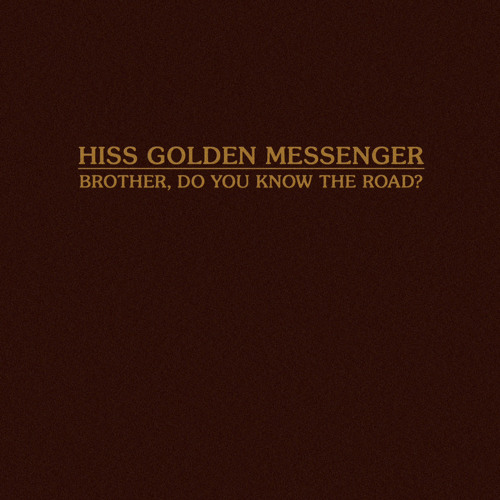


What specifically compelled you to write a song about capitalism? And sometimes, other people can take advantage of that. people are just looking for the smallest shred of affection or compassion or empathy to make them feel connected to other people. I feel like this song in a way is maybe addressing the ways that we can misuse love, we can twist it into something that is painful. The truth, the bare, naked truth can feel different than we expect. One line that kept jumping out to me was, "Ain't the truth just dying to cut you.” I don't know that I'm talking about the great spirit, or God or anything like that. It is in part a play on that old song, “The Great Pretender.” There's a history of the great so-and-so or the great such-and-such. How did you get to that? What's so perplexing about "The Great Mystifier"? That's quite a specific and big name to give someone. … There's a lot of things working in opposition and I think in that little middle space is where a lot of creative tension exists, for me anyway. And I think the other part is that it sets up one of the big animating themes of the record, which is the way that we deal with forces in our lives that seem like they're working in opposition. And it wasn't until I sent it around to some friends - because I was having trouble sequencing the record - that they all separately from one another said: “This song, ‘Way Back in the Way Back,’ is clearly the first song on the record.” I think that part of it is the way that it starts: It starts kind of sparsely and grows into something bigger. MC Taylor: It wasn't always there, actually I was thinking of it as the last song. In that regard, Hiss Golden Messenger gets out of its own way, providing the kind of music to lift the spirits of people still challenged by a world ruled by the “Mighty Dollar.” It may not be fair that the “poor man loses and the rich man wins,” but now we have a song with a groove to sing on the way to the protest.VMP: Why did you pick this song to start the record? Taylor’s approach to Americana mixes traditional folk rock a la the 70’s, with smatterings of R&B, gospel, blues, and country, like the touch of honky tonk piano in the ballad “Angels In the Morning.” Throughout Quietly Blowing It, relies on a trick practiced by the likes of Jackson Browne and Neil Young, you can sing about the saddest of the sad feelings and folk will sing along and even dance if you keep the melody bright, and the tempo up.

Hiss Golden Messenger has been a vehicle for Taylor’s music since the singer joined up with Scott Hirsh in ‘07, who shows up here playing lap steel guitar, and helping out with the mixes. In “It Will If We Let It” he takes comfort in the fact that we have each other, we are “not alone.” Life is challenging, he sings in “Hardlytown,” where “the world feels broken,” but in “If It Comes In the Morning,” he attempts optimism in the “hope (that) hope is contagious.” Like the 2019 release, Terms of Surrender, which found Taylor dealing with grief following the death of his father and the ongoing challenge of depression, the Americana artist allows his music to work as therapy. “Feeling bad, feeling blue,” he sings, acknowledging that “I know it feels like hell now/‘Til we get to the otherside,” he wants to offer solace and security but “I can’t get out of my own mind.” The best he can do is “sing about it,” and given the warm gospel vibe in the chorus of voices that may just prove to be enough. Hiss Golden Messenger, gets that the world is a mess right now. On the current single from his new album, “Sanctuary,” singer/songwriter MC Taylor, a.k.a.


 0 kommentar(er)
0 kommentar(er)
